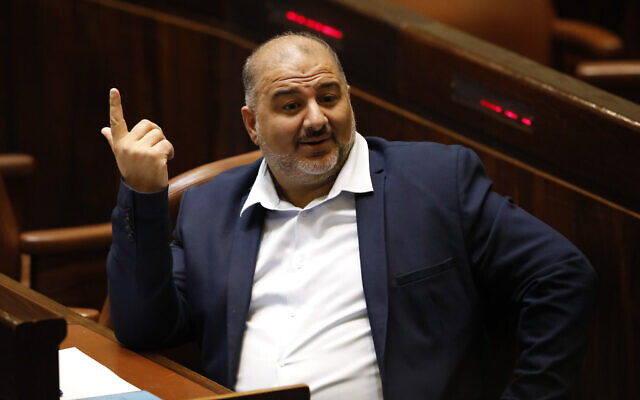News sources quoted from : The Times Of Israel
Policy makers say massive allocations will go a long way toward solving problems plaguing Arab Israeli communities. But some ask whether throwing money at the issue will be enough

Media www.rajawalisiber.com – When a five-year, NIS 10 billion investment in Arab communities was announced in 2016, Arab Israelis hoped the money, some $3.8 billion in 2016 dollars, would help end the persistent gaps between Arabs and Jews in Israel.
But much of the funding remained trapped under red tape, or worse, in the hands of organized crime rackets. Now, the government — spurred by the first Arab Israeli party to ever sit in a coalition — is pushing ahead with a plan that will more than triple that once unprecedented sum.
As part of the upcoming November budget battle, government officials have vowed to advance nearly NIS 35 billion ($10.3 billion) in total funding for the Arab community over the next five years. The number dwarfs every initiative before it to compensate for decades of state neglect in Arab cities.
More than half of Arab Israelis live under the poverty line, and their cities and towns often have crumbling infrastructure and poor public services. The Israeli government issues economic rankings to all the country’s cities from one to 10. Not a single Arab city scores higher than five.
But previous attempts to fix decades of entrenched gaps between Arab and Jewish communities have faced serious difficulties. Billions of shekels never found their way to where they were needed most; in many cases, Arab organized crime found ways to seize public funds, strengthening already powerful gangs.
“The true test will be to see how the plan is actually put together,” said Ofir Dagan, a policy expert at the shared society non-profit Sikkuy.
The Islamist Ra’am party, the first Arab Israeli party to enter the coalition in decades, has said it will not back the budget unless the funding plan is passed along with it. Prime Minister Naftali Bennett’s razor-thin coalition would find passing the budget nearly impossible without Ra’am. And should the budget fail to pass, the still-young government will automatically fall.
Economic plans to mend persistent socio-economic gaps between Arab and Jewish Israelis have been proposed several times over the past few decades. The most recent such plan — known as 922 — allocated over NIS 10 billion in economic stimulus to Arab communities between 2016 and 2020.
This time around, the plan allocates NIS 29.5 billion ($9.2 billion) over five years and is accompanied by billions more in initiatives to fight crime and increase access to health care. If passed, it will invest in dozens of initiatives — from urban planning to public health to Hebrew-language instruction — making it far more wide-ranging than 922, which focused mostly on boosting employment opportunities, said Dagan.
“The previous plan came from the realization that the Arab and Jewish economies were intertwined, and that discriminating against Arab Israelis hurt the economy as a whole. This plan seems to be based on a new government understanding that this interdependence extends to other fields as well,” said Dagan.
The economic plan will also allocate hundreds of millions of shekels to integrate Arabs into Israel’s burgeoning hi-tech sector.
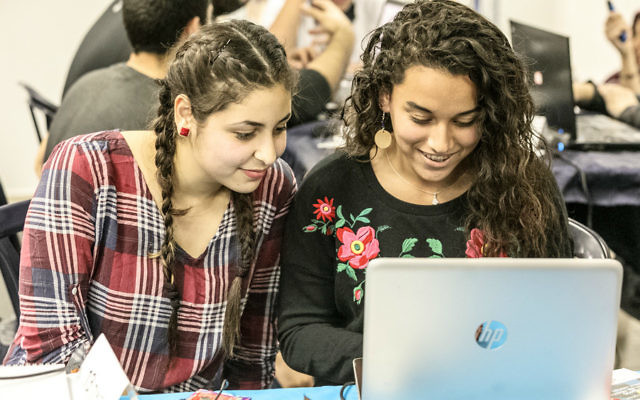
“We’re establishing frameworks to encourage young Arabs to get the skills for hi-tech. We’re going to incentivize companies to open branches in Arab communities. This is a field from which we’ve largely been absent,” said economic advisor Alaa Ghantous, who played a key role in shaping the five-year plan along with Ra’am party chair Mansour Abbas.
Government officials and civil society organizations began planning the massive financial package two years ago. But according to Ghantous, Ra’am’s entry into the coalition created a much more supportive atmosphere.
“There’s political support for this plan. It’s clear that Ra’am’s entry into the coalition has changed the game, including with our interaction with government ministries. There’s a tangible change in cooperation,” said Ghantous.
Many Arab Israelis saw the 922 plan as only a partial success, throttled by onerous terms and conditions. Understaffed local Arab municipalities struggled to implement the massive projects, and bureaucratic red tape prevented many initiatives from coming to pass — even once money was allocated.
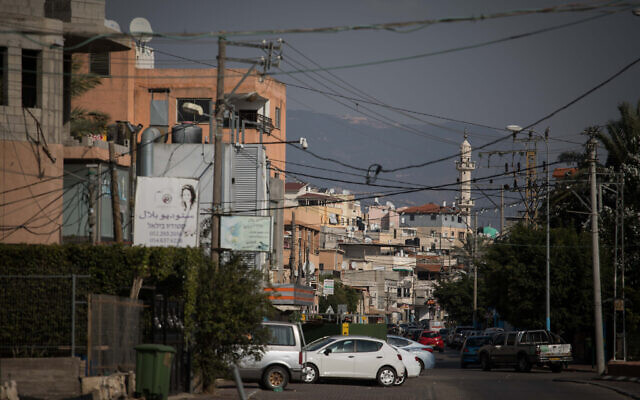
By the end of 2021, around NIS 2 billion budgeted for the initiative remained trapped in Israel’s treasury, even after the program was extended for an additional year in an attempt to disburse the remaining funds.
In one instance, NIS 100 million was earmarked to expand public transportation in Arab cities, which are often deserts when it comes to public transport. But the streets of many smaller Arab towns are far narrower than their Jewish counterparts, making them inaccessible to regular buses. Even placing bus stops posed a formidable bureaucratic challenge.
Officials this year have found solutions to fix those problems, promised Hassan Tawafrah, who directs a government office intended to advance Arab Israeli economic development.
Fighting violence and crime
With 96 homicide victims since the beginning of 2021 and a seemingly endless tide of illegal weapons flooding their streets, violence is the number one issue Arab Israelis want to see solved.
According to another government decision made in early August, an additional NIS 2.5 billion atop the nearly NIS 30 billion will be budgeted to fight violence and organized crime in Arab communities. Some 1.5 billion of it will fund heightened police operations across Arab Israel: new police stations in Arab towns, drafting more officers and establishing new units to prosecute gangs.
But the remaining NIS 1 billion will go to fund dozens of programs to combat the conditions that have made Arab communities fertile ground for organized crime.
“We believe that the fight against crime must rely on two elements: strengthening the police on the one hand, and on the other hand, economic development, giving young people skills, and so on,” said Tawafrah.
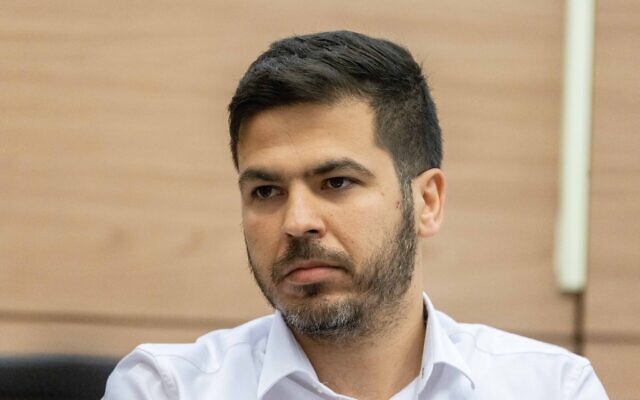
Around NIS 200 million will go to urban planning, as land disputes are a key source of the ongoing violence, according to experts. Funds will also be poured into a program to end violence in schools, as well as initiatives to integrate young unemployed Arabs into the workforce, officials said.
“This means we’ll fund psychological counselors, social workers, and others who can fight the phenomenon. We’ll fund seminars for dropouts who fall through the cracks in the system and are at risk of entering the criminal underworld, that will train them for the workforce,” Tawafrah said.
“One initiative is taking these youth and putting them in gap year programs, for example, that will equip them with new tools — learning how to work in a group, public speaking, teaching Hebrew, how to plan their futures based on what they want and can do,” he added.
But the flood of investment, even in an attempt to fight organized crime, could fuel the very phenomenon officials hope to stamp out. Over the past few years, criminal gangs sought to redirect budgets for public projects to their own pockets — allegedly using pressure tactics to win contracts and shooting up the homes of Arab mayors who resisted.
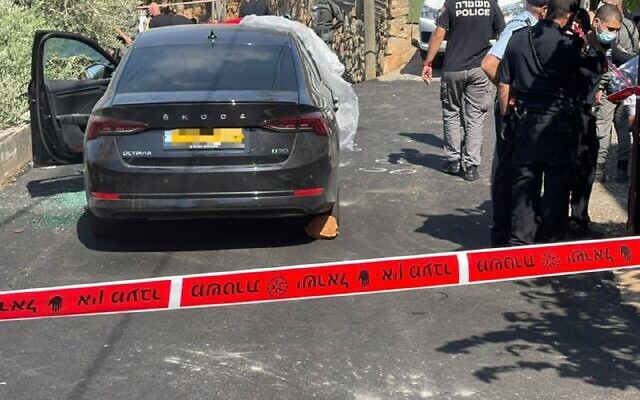
“Municipality heads were always targeted by criminal organizations. But since 922, as more money has been spent on local authorities, the local authorities have become a larger prize,” said Rida Jabr, who directs the Aman non-profit, in a phone call last year.
Officials say they are aware of the problem and will take measures to ensure that the billions of shekels set to hit Arab communities don’t reach criminal organizations.
“There will be more supervision over bidding on public projects. The Interior Ministry is working on digitizing the process, which will allow for less manipulation of the system. That way, we’ll be able to track who exactly is bidding and so on,” said Tawafrah.
More than money
Arab Israeli politicians of all stripes naturally support greater financial aid to their impoverished communities. But some in the Joint List bloc of Arab parties, which sits in the Knesset opposition, have criticized the budget as a whole; one MK even characterized it as an “extreme right-wing budget.”
Others argue that money alone cannot solve the issues that plague Arab society. A key issue is land: even as new Jewish cities have been built and grown, Arab Israeli cities and towns suffer from a serious deficit of real estate.
The result is intense crowding, causing many Arab Israelis to build illegally — which then places thousands of Arab homes under the threat of demolition. Such challenges find little answer in the various economic plans, critics said.
“We can’t turn the challenges and crises in Arab society into a purely financial matter. Various economic plans failed to reduce the gaps both between Arab and Jewish citizens and between their communities,” said former MK Sondos Saleh, who served as a parliamentarian for Ahmad Tibi’s Ta’al faction in the previous Knesset.
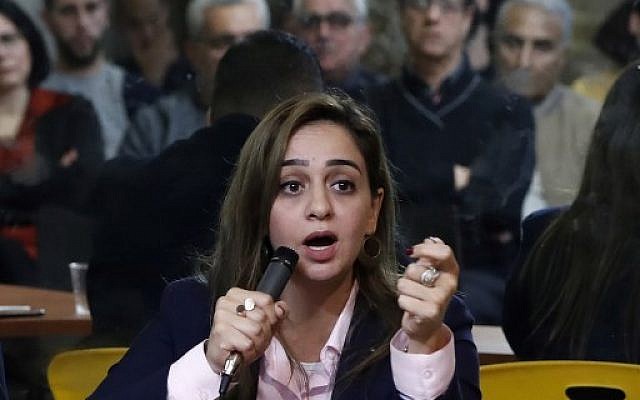
Despite the billions in promised funding, Ra’am’s Abbas was unable to secure pledges for major policy changes: the 2017 Kaminitz Law targeting unregulated Arab construction will remain intact, even though Ra’am campaigned on its removal. A 2018 law defining Israel as the nation-state of the Jewish people — which many Arab Israelis perceive as a slap in the face — will also undoubtedly remain on the books.
Ra’am also sought to legalize unrecognized Bedouin townships in Israel’s southern Negev desert. The Israeli government considers the sprawling villages illegal, and the 90,000-odd residents, many of whom make up Ra’am’s political base, live in impoverished conditions, with little access to electricity and running water.
But while Ra’am had publicly hoped to legalize as many as 14 of the dozens of unrecognized villages, in the end, the coalition agreements handed them three — all of which were already set to be recognized as of last year, Bedouin Development Authority head Yair Maayan told The Times of Israel.
The coalition agreements dictated that the government would recognize the three villages within 45 days. Well over 100 days later, the villages remain as illegal in the eyes of the law as they were during Netanyahu’s era.
Some Arab Israelis say this reflects the failure of Abbas’s approach. They say that collaborating with the Israeli right will bring little benefit on the structural obstacles Arab Israelis face — whether among Bedouins or anywhere else.
“Abbas has this idea that our problems are all about money. But we have deep grievances as well, such as the Nation-State Law and the Kamenitz Law. He won’t be able to solve them,” said Abdullah Amir, a Kfar Qassem resident who voted for the Joint List in the March elections.
“It’s difficult to change the whole system from one day to the next. It’s not easy,” agreed Ghantous. “But what we’re trying to do today is to reduce the sharpness of this neglect in all kinds of areas.”

